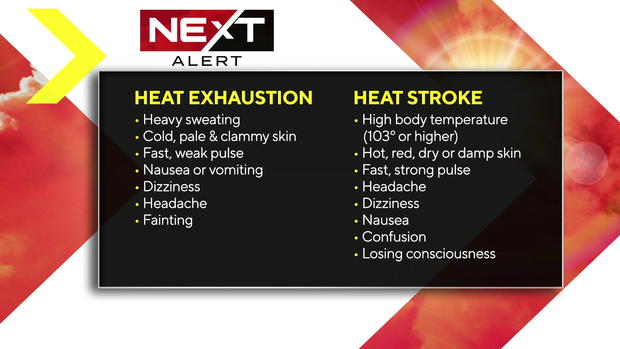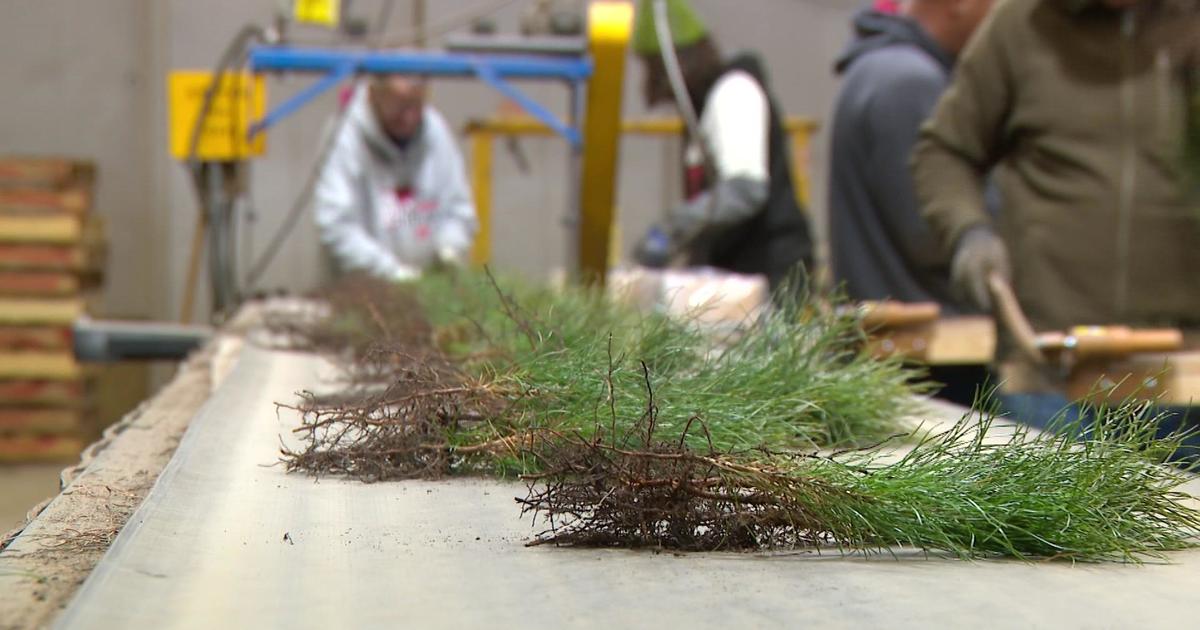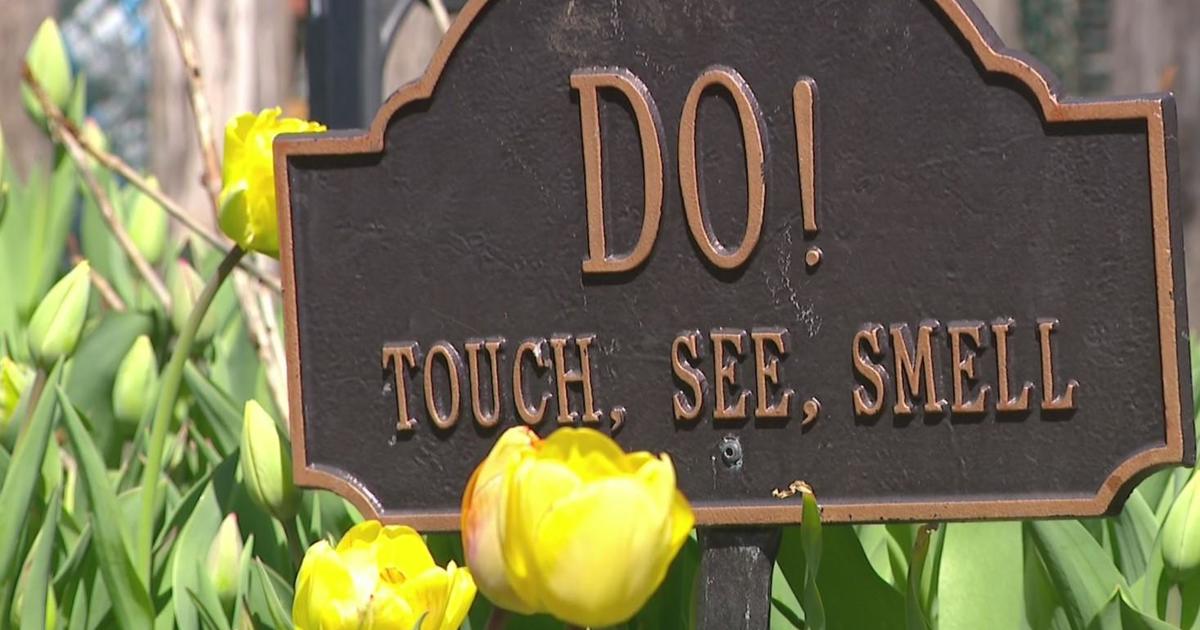Heat exhaustion vs. heat stroke: Know the differences
MINNEAPOLIS -- The heat is not only uncomfortable, but it can be dangerous to your health.
From cooling off at a water park, to sizzling on the pavement, Minnesotans are sweating under the sun.
Tim and Sally Warfield, who are visiting from Arizona, have a different perspective.
"This is a breath of fresh air," Warfield said. "It was 108 the day before in Tucson, and this is heaven."
Like it or leave it, the heat has emergency rooms bracing for patients. Dr. Sara Friedman is an emergency physician at Abbott Northwestern Hospital.
"The challenge in the summer is the amount of heat, the period of time and the humidity that we have," Friedman said.
She says the young and the old are most vulnerable. Signs of heat exhaustion include sweating, nausea and headaches. If symptoms get worse, it could lead to heatstroke.
"When you are not making sweat anymore, that means you are moving to a new phase because your body isn't responding the way it's supposed to respond," Friedman said.
Symptoms of heat stroke include a strong pulse, dizziness or loss of consciousness. Patients should seek medical help immediately.
"It can take days, it can take months. You can get kidney disease, you can get heart disease," Friedman said. "It's not a little deal to get sick from the heat."
She says take breaks if you work outside, drink water and find a space with air conditioning. You can add coffee and soda to the list of drinks that dehydrate you, so it's best to stick to water.
If you don't have air conditioning, a library is a good option to cool off, or using a fan and some water.





